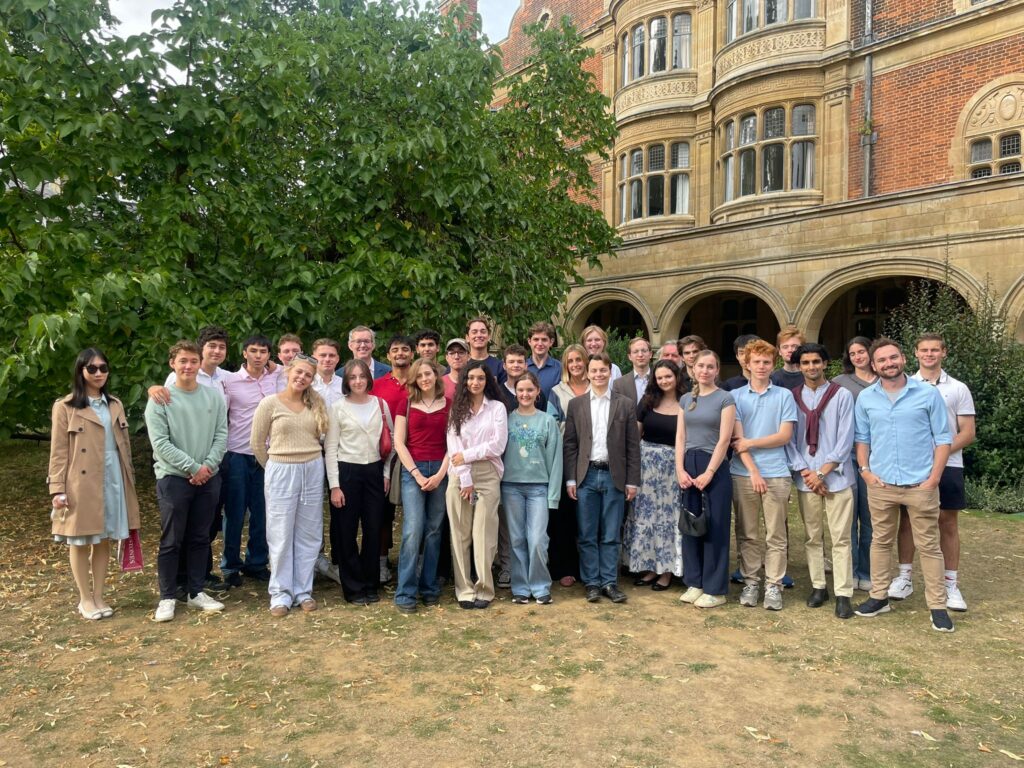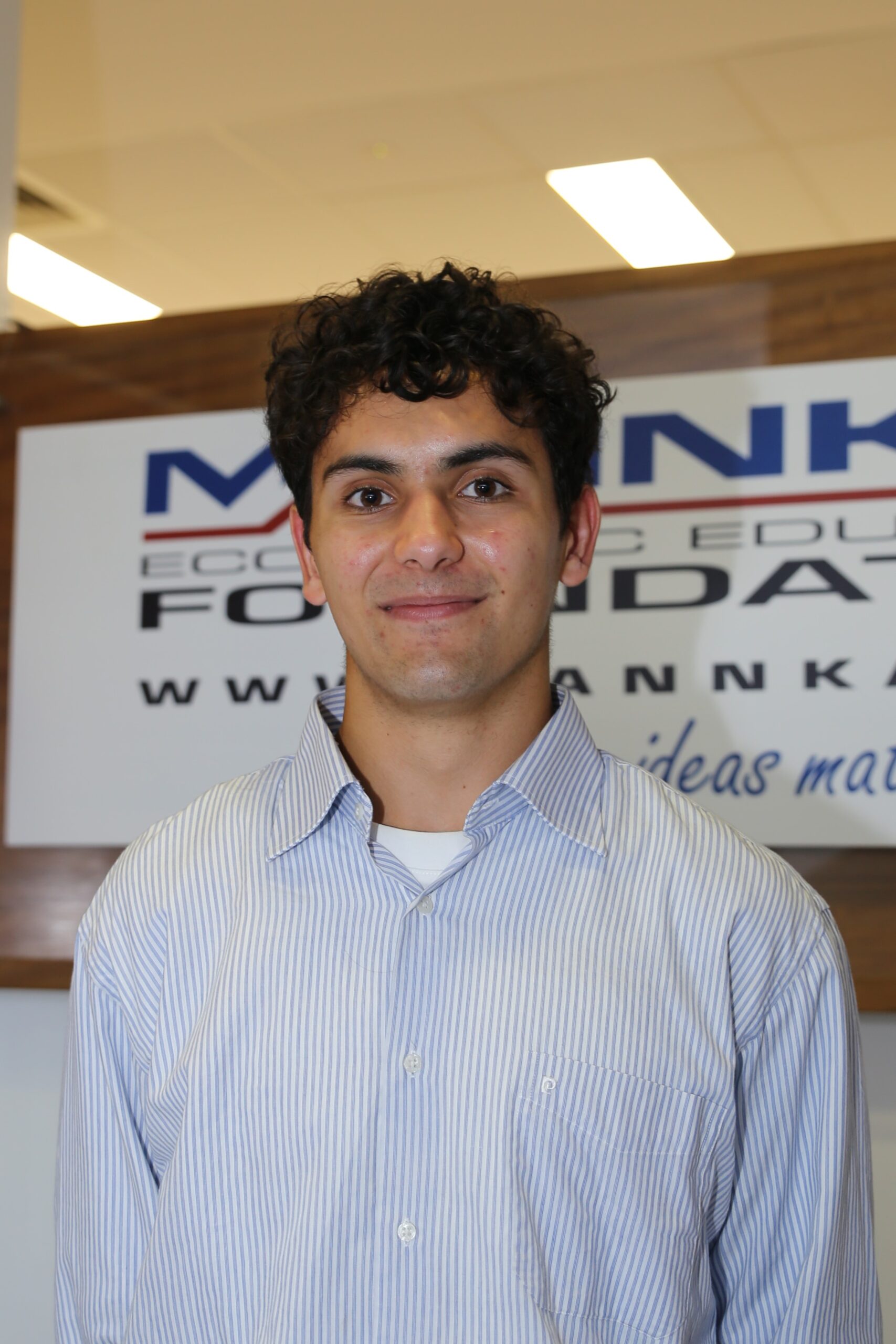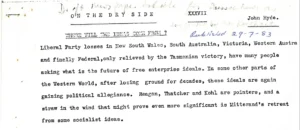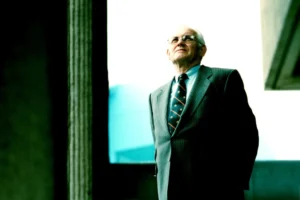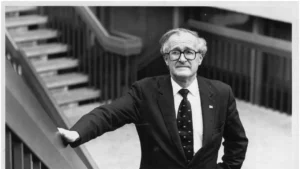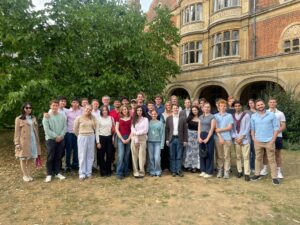I recently had the privilege of attending Freedom Week, a week-long conference run by the Institute of Economic Affairs (IEA) in collaboration with the Adam Smith Institute (ASI). The event was held at the prestigious University of Cambridge. This program focused on equipping university students from all over the world with perspectives rooted
in classical liberalism and free-market thinking. My attendance would not have been possible without the sponsorship, guidance, and support of the Mannkal Economic Education Foundation.
Throughout the week, approximately thirty of us had the privilege of listening – and frequently participating – in 19 seminars from speakers at the forefront of policy, academia, and politics. What I appreciated was both the breadth and depth of these talks – covering housing, energy, politics, philosophy, tax, and policy. The President of the Adam Smith Institute, Madsen Pirie, began our journey into classical liberalism and libertarianism. IEA Editorial Director Dr Kristian Niemietz then followed with a crash-course in free-market economics. Within one afternoon, we had built a foundational understanding of liberalism, guided by those who know it best. The next day, Richard Teather spoke on the UK’s tax system – a speech that transformed into reflections on living life unapologetically and to the fullest. The Right Honourable Steve Baker’s lecture was especially phenomenal – balancing politics with pragmatism is often overlooked, and it was intriguing to receive his take on creating realistic and feasible solutions while still enacting principles of free-market thinking and innovation.
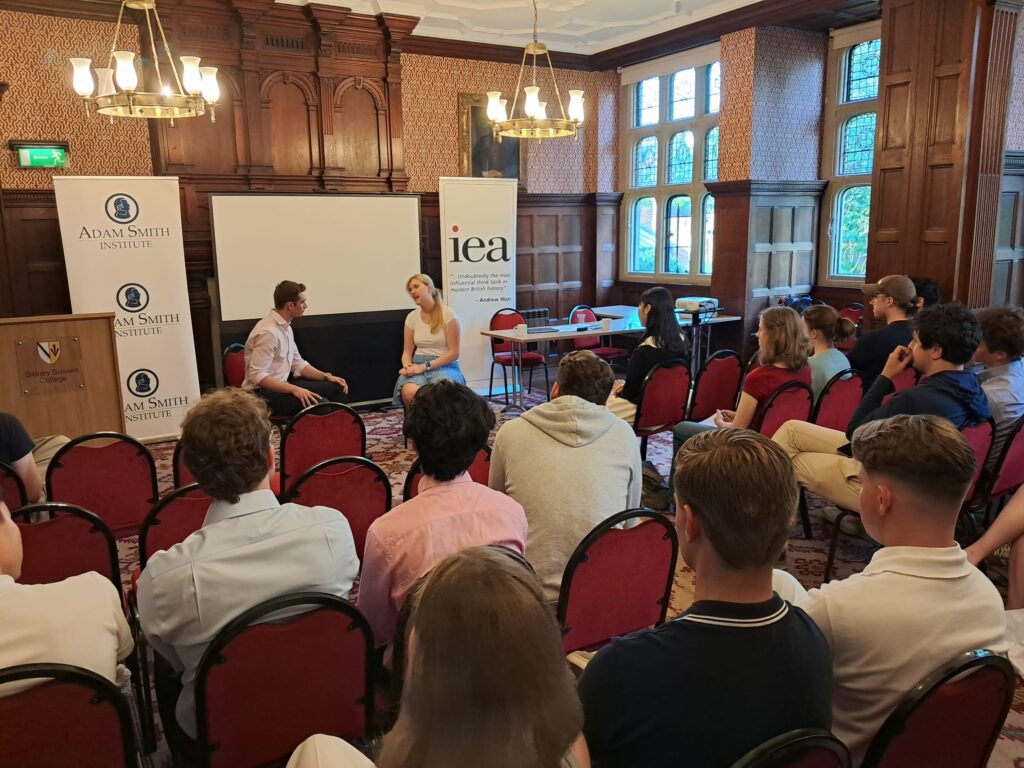
What stuck out to me most was the Media Workshop with Tom Harwood. The Deputy Political Editor at GB News created an environment in which students were able to participate in debates – with Tom himself playing devil’s advocate as the interviewee. After each discussion, he explained the inner workings of both his questions and the responses that participants gave. This gave us an insightful perspective on how to use logic and language to communicate effectively, while keeping in mind intention and relevant stakeholders. The workshop sparked conversations all over the room, and these debates went beyond the seminars. Facilitating open discussion on important topics among students from different parts of the world and disciplines was a fundamental part of furthering ideas of innovation and creativity. After each seminar, speakers offered 15 minutes for questions, which was incredibly valuable for those of us wanting to further understand the dynamics of their topic.
I also appreciated the free time provided each day during lunch breaks to explore Cambridge. Heading to the markets with new friends, admiring the architecture of such a historic landmark with people you’ve just met – these memories are moments I’ll cherish just as much as the seminars. Punting on the River Cam was undoubtedly my favourite extracurricular activity – the emotions I felt when standing up for the first time and attempting to guide my boat were the purest mix of fear and joy I’ve experienced.
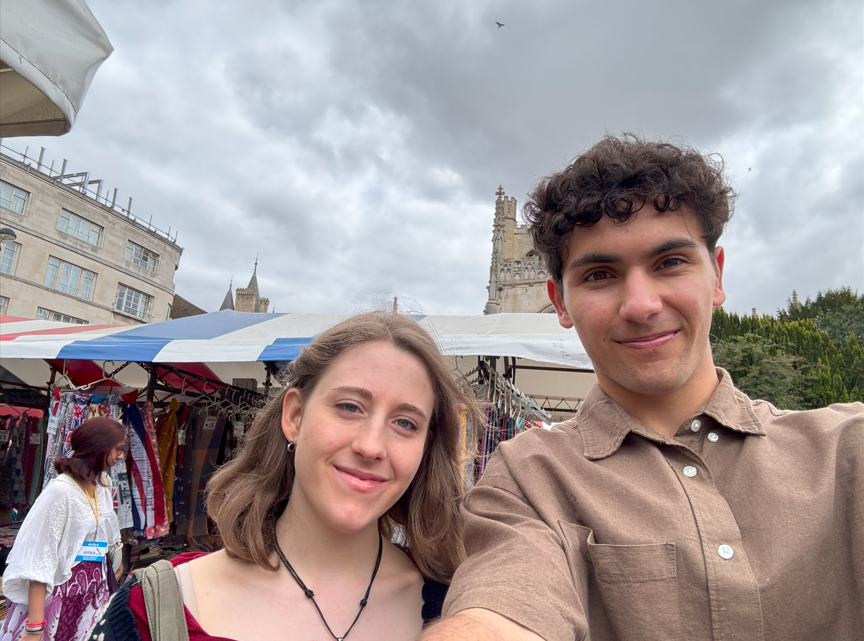
Learning from distinguished academics and scholars is not an opportunity that comes every day. This open environment of collaboration and discussion was essential in developing creative solutions for issues in our world today. The manner in which these seminars were conducted aligns with the mission of the Centre for Entrepreneurial Research and Innovation (CERI) – to inspire young people to equip themselves with knowledge, speak up for what they stand in, and remain unafraid to create. Freedom Week reinforced these drivers of innovation within every participant, stimulating us to acknowledge the purpose of healthy competition and debate. What also stood out to me was the overwhelming number of barriers and government regulation that currently hinders innovation in the United Kingdom – a pertinent issue that is stifling almost every sector. By policy, politics, research or otherwise, the onus is upon our generation to take action and pursue innovative solutions rooted in classical liberalism, to ensure prosperity in the years to come. Freedom Week’s closing ceremony emphasised our growing role in the economy and culture as we enter the workforce. Seeking alternative perspectives, learning from those around us, and developing the skills to communicate and implement ideas will stand the test of time as the most valuable beliefs one can hold in our society.

